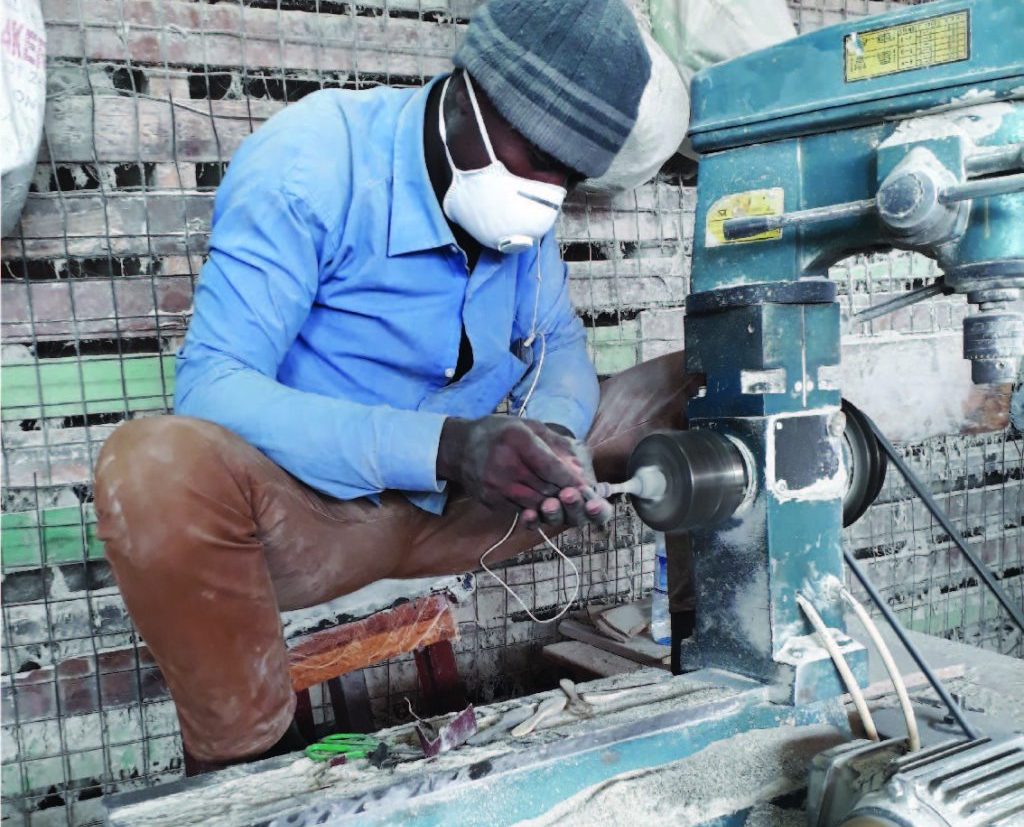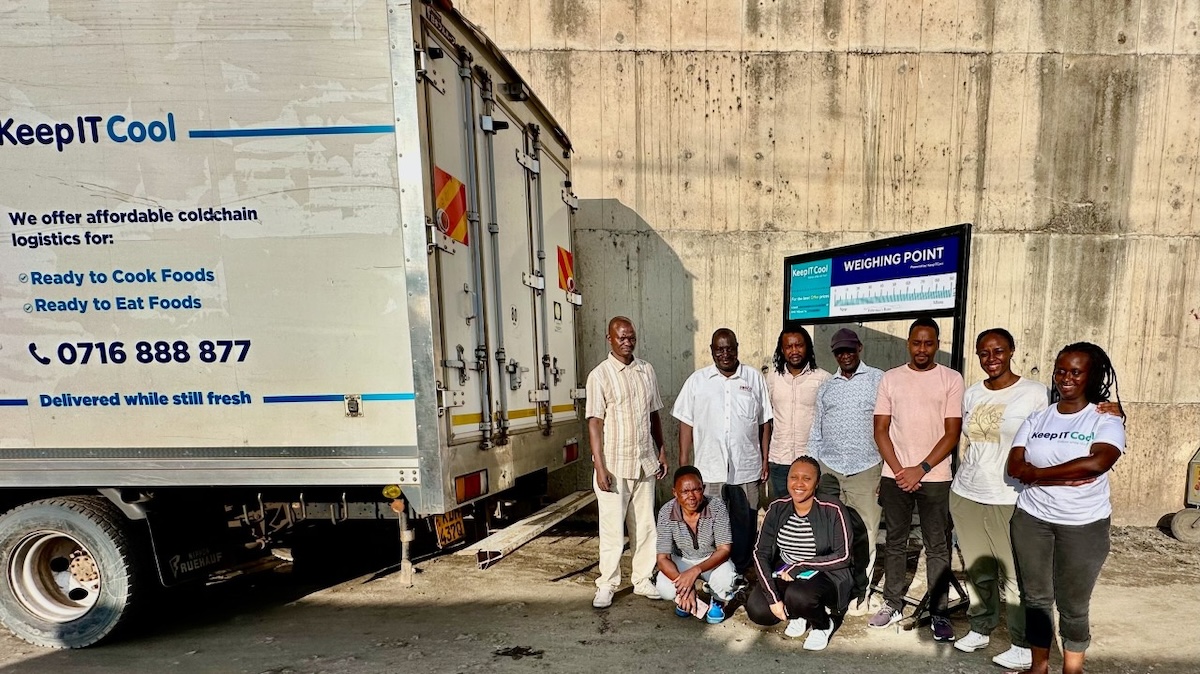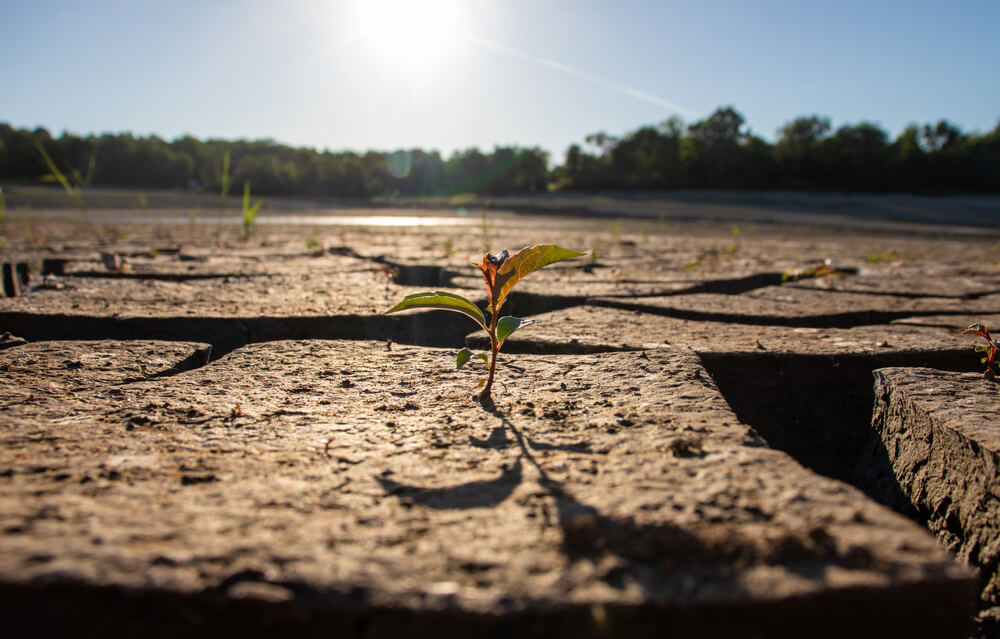ImpactAlpha, December 14 – The stabilization and revival of the micro, small and medium-sized businesses sector has been the emerging markets story of 2020.
Even before the pandemic, ImpactAlpha had identified the improvement of small business infrastructure as a big opportunity. Then came a novel coronavirus and a novel worldwide shutdown. In wealthier economies in the U.S. and Europe, sweeping stimulus packages prevented an all-out cratering of the small business sector. In many emerging economies, no such stimulus was possible.
Absent national relief efforts, tech-enabled startups filled some of the gap, while also grappling with their own financial hardship and uncertainty. Such “B-to-small-B” providers are bringing small shops and producers online for the first time, helping owners maintain sales amid COVID lockdowns and setting them up for growth as e-commerce booms worldwide.
These service providers are generating a wealth of data that, leveraged effectively, could build more robust pathways to financial inclusion for both formal and informal businesses, which would be a welcome legacy of the pandemic.
Worldwide, small businesses account for 40% of economic activity in emerging markets. That’s not even including the informal sector, which accounts for more than 30% of GDP across Africa and Latin America. Emerging economies can’t restart from the pandemic if small businesses fail.
Micro and small business lenders and tech startups, whether neobanks in Latin America, mobile money providers in Africa, and non-bank small business lenders in India, have been trying to make the case for small business financial inclusion for years. COVID super-charged attention to the issue. New tech ventures are helping businesses access new markets and streamline operations through digital sourcing, stock-keeping and invoicing. And increasingly, they’re offering creative forms of supply-chain financing and working capital to businesses underserved by traditional lenders.
Laggard lenders beware: Data and technology have super-charged action, primarily from new players, who are now making bank on an enormous market long-ignored by well… banks (and other mainstream financial institutions.)
What we’ll be watching for in 2021: Small business digitization is the entry point to financial inclusion. How mainstream funders, from banks and other traditional commercial lenders to development finance institutions and multilateral banks, respond to accumulating data and proof points around small-business creditworthiness and investability will be key to progress on sustainable development objectives. Pro tip: Local capital providers, with their ear closest to the ground, can perform due diligence and cut checks quickly – if they get adequate financial backing.
Catch up on all of ImpactAlpha’s emerging markets’ reads in 2020.
Ready for rebound. Business owners in emerging and frontier markets are remarkably (and necessarily) resilient in the face of disaster. Back in 2015, microfinance institution BRAC underestimated the demand for small business capital after west Africa’s Ebola crisis. The best way to support economic recovery, BRAC says now: be ready to cut new checks (see, “Lessons Learned: How Liberia and Sierra Leone rebounded after the Ebola shutdown“).
Local knowledge. The outlook for emerging markets’ small businesses was outright bleak back in April and May. Now, economic engines are gearing back up. Yet, small businesses in Latin America and Africa remain underfunded, despite multibillion-dollar packages of emerging-market COVID relief from development finance institutions and multilateral banks like the International Finance Corp., the African Development Bank, the Inter-American Development Bank, the U.S.-based DFC and many others (see, “Needed: Responsive, aggregated and accessible capital for (once-) growing businesses in emerging markets“).
- Getting sh*t done. Local capital providers aren’t waiting around for the money to flood in (see, “Emerging market fund managers scramble to keep enterprises and entrepreneurs afloat“). They’re scraping together their own relief funds and mobilizing resources to get portfolio companies back up and running and boost their resilience. Here’s how to help them do more.
Peddling resilience. When investors largely bowed out in March and April, Africa’s tech startups geared up (see, “COVID pandemic gives Africa’s health tech startups a chance to shine” and “How high-impact businesses in emerging markets are pivoting in the COVID crisis”). The companies that have rebounded fastest are the ones using their platforms and services to help small businesses and the informal economy rebound (see, “Post-pivots, African tech startups are peddling pandemic resilience”).
- Proof points. The spate of investments in tech startups helping digitize emerging markets’ informal and small businesses was capped by Stripe’s acquisition of Nigeria’s Paystack. Other examples: Nigeria’s Field Intelligence, Kenya’s Sokowatch and Data Integrated, Indonesia’s SIRCLO, Colombia’s TUL, Brazil’s Celcoin, Pakistan’s Tajir, and Catalyst Fund’s new “digital transition” accelerator in Ghana.
- Early movers. Uganda’s Tugende, which has been making the case for productive-use financing for years, closed $6 million to help informal motorcycle taxi drivers rebound from COVID. Kenya’s Twiga spotted the opportunity to digitize informal kiosk owners while streamlining farm-to-market logistics. While it has shifted its focus to bigger farms and retailers, Tanzania’s East Africa Fruits is maintaining a focus on small farmers and retailers. Mexico’s Frogtek, South Africa’s Nomanini, and India’s OkCredit, PeelWorks and ShopKirana are giving small retailers a tech upgrade.
Gender lens. Women worldwide have been disproportionately affected by the COVID pandemic. To stem the growth of already gaping inequities, development financiers are trying to coax private investors to purposely target women in their investment strategies (see, “With billions as bait, development financiers seek to hook private investors on gender-lens investing”). A step-by-step guide to gender-lens investing from the IFC and U.K.’s CDC Group aims to mainstream women-focused investment strategies (see, “Gender smart investing for a sustainable recovery”).
- Making a market. Singapore’s IIX spent four years raising its first Women’s Livelihood Bond to prove that low-income women in Asia are investable. This year, it raised the next two bonds in the series in relatively quick succession (see, “IIX raises $27.7 million for third Women’s Livelihood Bond”). Others, like CARE, are pioneering new investment themes, like “gender justice.” One sure way to have broader gender-based impact: support more female fund managers.
Covering COVID. More headlines from ImpactAlpha’s 2020 coverage finance and investment in emerging markets:
- Non-bank lenders need capital to finance African small businesses rejected by banks
- ‘Impact Rescue Facility’ targets $1 billion to support small enterprises in emerging markets
- Your pipeline of impact deals in emerging markets is at risk. Three things you can do about it
- Eyes on the time horizon: Five shifts to watch in moving from crisis to growth
- How development finance leaders can help emerging-market economies survive the COVID-19 crisis
- Strengthening impact investing in sub-Saharan Africa and South Asia with collaboration, local solutions and scale
- How a portfolio of inclusive businesses prioritized the poor through COVID
- Weathering the Storm: COVID-19 lessons from social entrepreneurs in Southeast Asia
- Building a better post-COVID food system with investments in small businesses in developing economies
- One Acre Fund secures $20 million to catalyze institutional capital for African farmers
- Vedantu closes $100 million in India’s red hot edtech market












